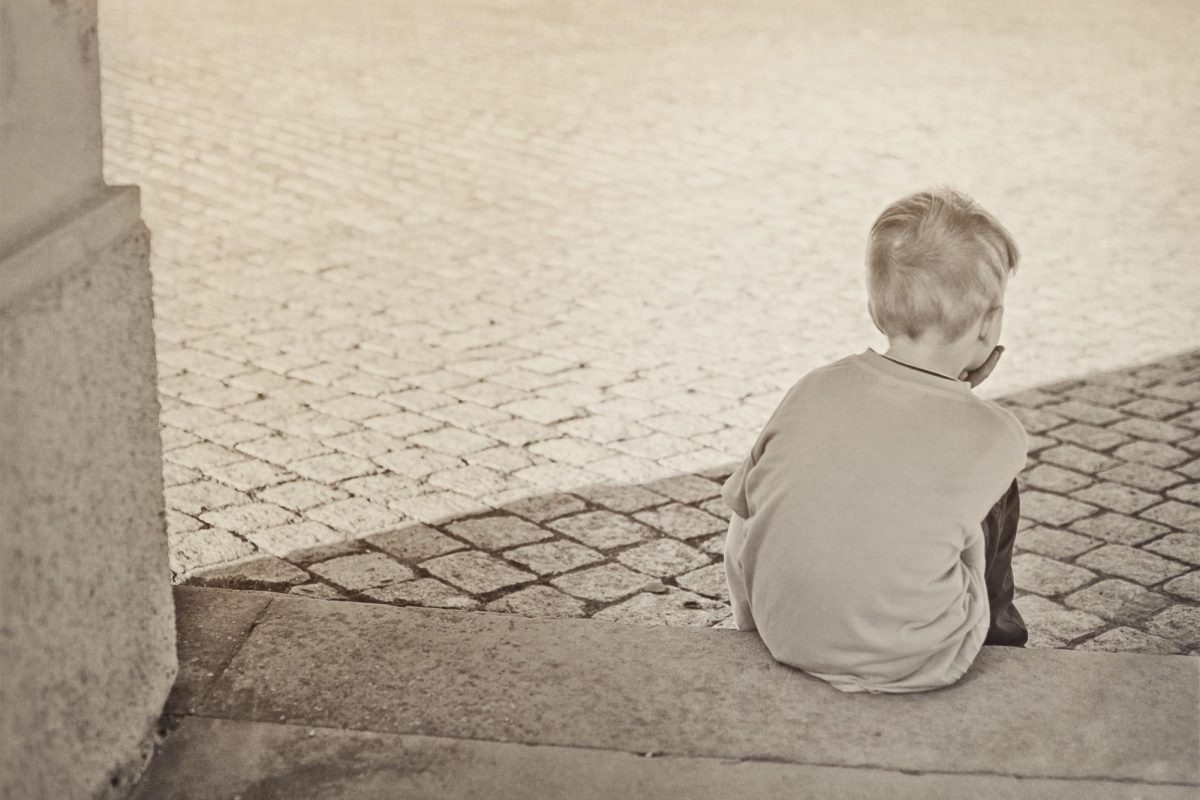“Have you ever had depressive thoughts?”
“Yes.”
“Have you ever told anyone?”
“No, I don’t want people to worry.”
These are responses given by boys from NYC iSchool and other schools around New York. Boys’ answers surrounding mental health are along the lines of “I do not want to make it a bigger deal than it is” or “I know I can deal with whatever sadness myself without help.”
In NY suicide is the 3rd cause of death ages 10-24. Worldwide it is the 4th biggest cause for ages 15-19. The Washington Post quotes, “We’ve had 70 suicides in five years,” said Katey McPherson, an educational consultant who’s been tracking teen suicides in Phoenix’s East Valley, a 15-to-20-square-mile area, since 2015. “Of those, I’d say 90 percent of them were boys.”
Depression for boys is no longer simply sadness but suppressed emotions that exude themselves in an angry way. Many boys live in a household where mental health is not really spoken about or sometimes even acknowledged. Source B has said he “does not like to talk about feelings because it is uncomfortable to open up. Especially to family.” He says he would rather “talk to close friends about depressive thoughts” than his parents because he is “closed off” towards them.
Most are taught in a household to be strong like men and not overly emotional, either verbally or from watching their fathers run the house. A couple of teenage boys have heard words like “gay” or “girly” when they are spoken about. Many teenage boys all around have even heard their fathers say “I have a girl for a son.” These words are being used in an insulting manner and demeaning to girls and the community of LGBTQ+ as well, causing many boys to grow up with a not so accepting mindset.
Teenage boys now grow up in a household where they feel like they need to express themselves in different ways or shut down completely.
Although some males have been through a very traumatic life, many believe that depression is something they could not have, simply because they have a good life or they are happy now. Depression could not be the answer for them, just random anger. Boys all around NYC have said in any event that their anger sometimes gets the better of them, and many feel terrible about how they treat their parents or others with their words. But, for some reason, it is normal.
Even around society, it is what they hear. Almost every teenage boy has heard “stop acting like a girl” and while some don’t particularly care, many have found it insulting specifically because they were worried about something. =
Being male is already the biggest risk factor for suicides with teen boys being 2 to 4 times higher than teen girls.
With societal stigma already placed on boys to present and act a certain way, having these emotions could cause them to feel stripped of their masculinity and not heard. While some families try to be supportive by placing their children into therapy and creating an open space, others have families who “do not believe in bad mental health” and think “it is an excuse to be lazy” says source A. Their feeling of stripped masculinity can cause boys to carry on this somewhat sexist “girls are emotional and boys are manly” feeling of toxic masculinity. Descriptions for men not only being sexist but heavily outdated create excuses for boys and men to grow up acting disrespectfully.
Some parents may overlook depression for boys, saying their angry nature is just “boys being boys’ when it could indeed be depression. Many don’t even look to consider it as a sign of depression causing many boys to not get help in time, but instead get punished for lashing out.
Boys with anxiety, depression, or other mental health challenges “might not come right out and say, ‘I’m struggling.’”
Some boys’ mindset like source D suggests that his talking about his emotions feels like “dumping my feelings onto everyone.” In a way it makes him feel guilty.
When it comes to emotions, not all boys may know how to handle it. When asked what they would think if they saw their male friend crying boys have said they have thought would always be “Something is wrong” or “Why is he crying” and their physical reaction would be to help if asked. But, when their friends take their emotions out in a joking way, they respond back with a joke, even for a serious topic.
Some boys have even stated they have playfully bullied their friends for expressing distress or worry over something. “Ooo he’s in his feelings” laughing or saying to “get over it” are most commonly used among teen boys. This social norm has become acceptable among teen males, but hearing those words back when upset, causes many to feel distressed more.
“I don’t tell anyone when I have depressive thoughts because I feel like they will turn it into a joke,” source C stated. In day to day life people can witness boys who feel very lowly of themselves, yet create jokes and bond with them. But, source A says, “I will only help if that is what my friend wants.” meaning boys see it, but they understand some want to fight their battles on their own.
“It reveals that adolescent mental health is highly complex, understudied — and underfunded,” says Nature. A big reason mental health and depression is spiking was because of COVID-19. “adolescents (aged 13–18) reported significantly more symptoms of mental ill health during the pandemic than did their peers before it.”
After COVID, not many articles came out surrounding how boys were affected until now. Much of mental health is now focused on the females who have come out openly to talk about what they went through. Even when discussing mental health and depression with boys, they tend to feel a little more closed off in keeping themselves and what they went through a secret.
Even after being open with their feelings, this was the most common sentence while being interviewed because boys did not want to be seen as weak or have people hear anything. “You won’t put my name in right?”








